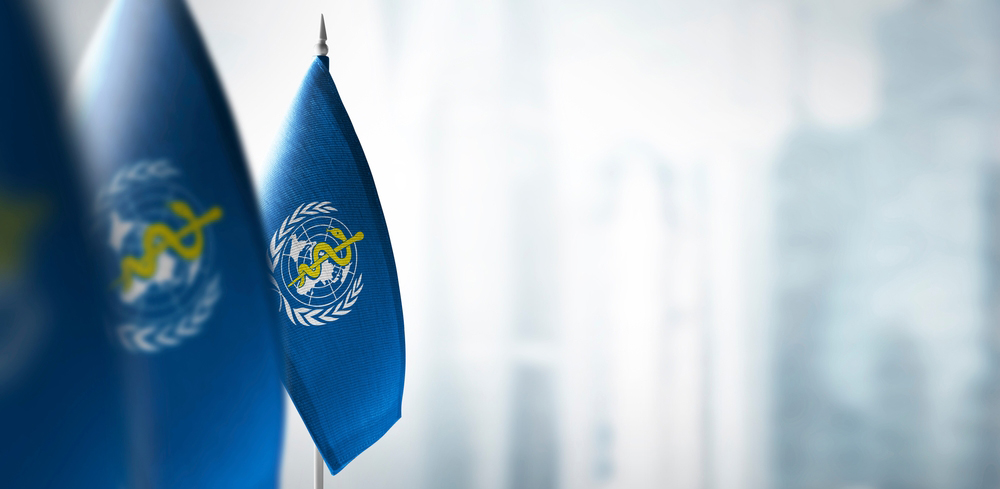Addiction Treatment
CPTSD Recognized by The World Health Organization

Written By:

The World Health Organization recently defined a new diagnosis for complex post-traumatic stress disorder. Mental health experts have now summarized the symptoms and issued updated guidelines for clinical assessment and treatment.
What Is CPTSD?
PTSD is one of the best-known trauma responses. People affected by this disorder suffer overwhelming physical and mental symptoms. But mental health professionals have known for decades that some trauma victims or survivors exhibit a broader array of psychological changes, now officially recognized as CPTSD.
Some CPTSD symptoms, such as emotional dysregulation, mimic the characteristics of personality disorders. To receive an accurate diagnosis of CPTSD, talk to a doctor or psychiatrist to rule out other illnesses and start on an appropriate treatment plan.
CPTSD vs. PTSD
These two mental health disorders have similar symptoms – including flashbacks, nightmares, insomnia, and avoidance – and both occur after traumatic, profoundly troubling experiences. However, CPTSD results from ongoing, inescapable incidents such as serving in combat. Often, complex trauma develops after a series of dangerous or life-threatening events that take place over several months or years.
Brain scans of people who have experienced complex trauma show differences in the regions that govern memory, planning, and decision-making. Due to the brain changes caused by CPSTD, trauma survivors are always in fight-or-flight mode, even in a familiar environment. Experts believe that’s why many people with this condition are frequently tense, irritable, and on edge.
CPTSD Recovery
With CPTSD, your nervous system is overactive, causing symptoms like a racing heart rate, sweating, and trembling. To heal, you must return to a baseline level. Though this process takes time and patience, a trained therapist can help you move forward with your life using evidence-based techniques like eye movement desensitization and reprocessing.
To combat the loneliness and isolation that often accompany CPTSD, you can work on strengthening your relationships with friends and family and forming new friendships by participating in support groups or volunteering in your community. People who care about you can help you keep a positive attitude and encourage you to stay active.
Dual-Diagnosis Treatment for Men
Many people with CPTSD struggle with a closely related illness, like anxiety, depression or a substance use disorder. If you have a dual diagnosis, you need a comprehensive treatment plan that simultaneously addresses all aspects of your mental well-being. At The Last Resort, we offer comprehensive men’s-only programming, including specialized tracks for military service members and their families.
Our expert therapists work to provide each client with a tailored plan to address every facet of their well-being, including mental and physical trauma symptoms. Here, you will find a community of men who are facing the same challenges you are. The camaraderie, secluded setting, and clinically excellent therapies at The Last Resort will equip you with all the tools necessary to thrive in recovery. To learn more about healing from CPTSD and addiction, contact our admissions team today.
